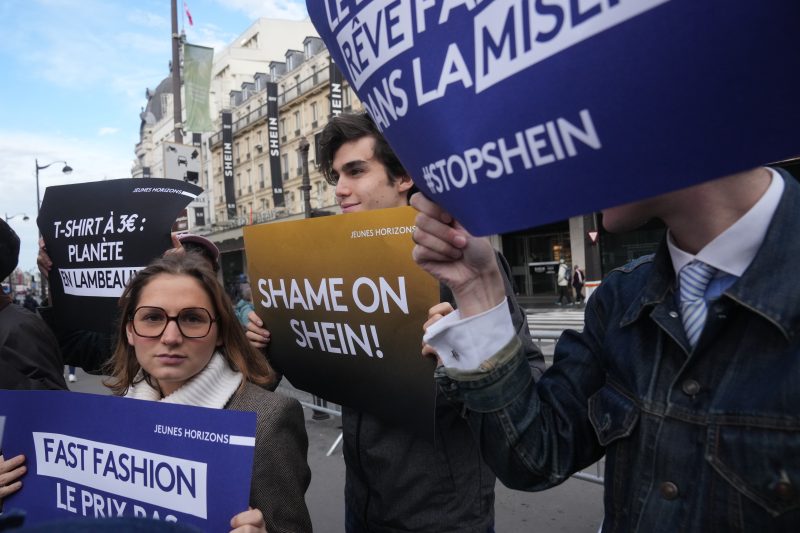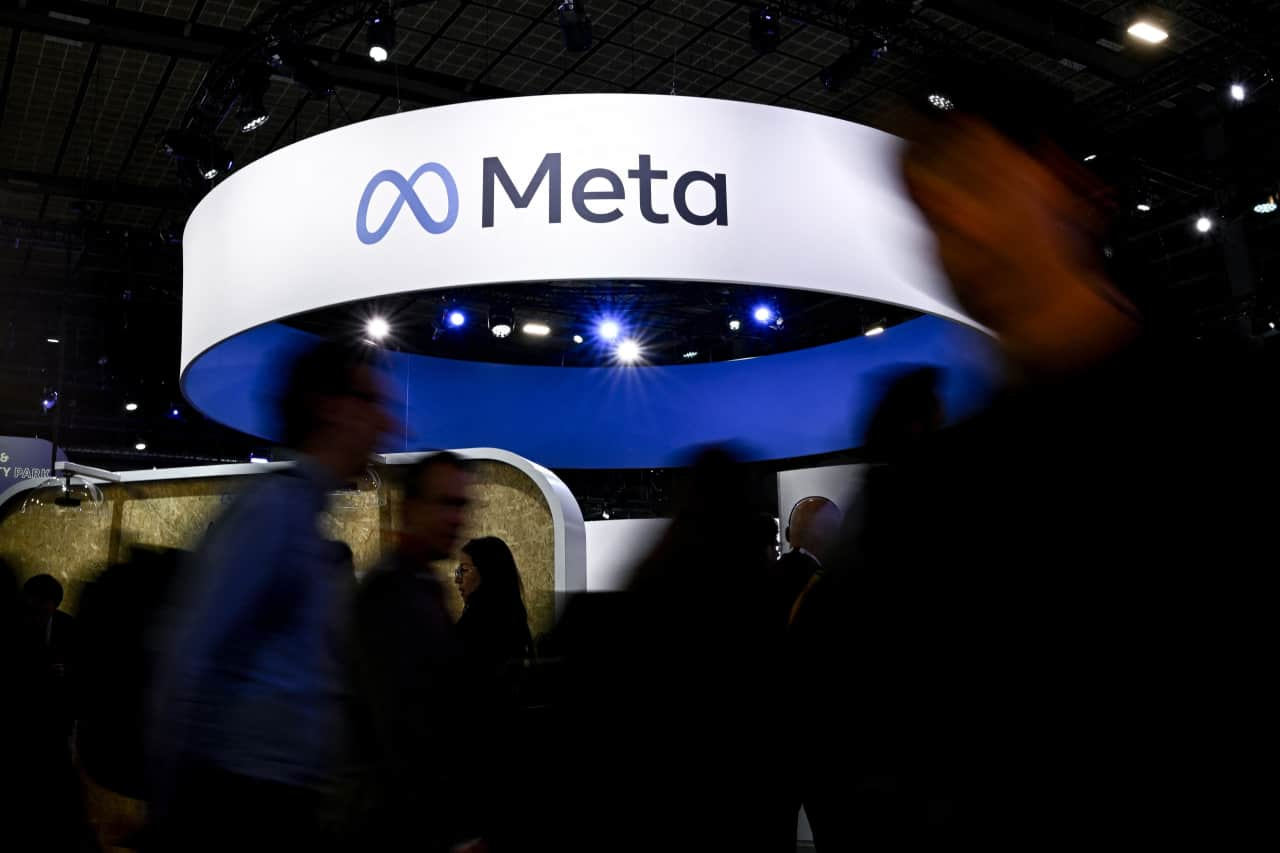UPDATE: Fast-fashion giant Shein is facing intense backlash following the opening of its first permanent store in Paris on November 5, 2025. The launch inside the iconic BHV department store has ignited protests and condemnation from various groups over the retailer’s recent listing of childlike sex dolls on its website.
This latest controversy comes just days after French authorities discovered the inappropriate listings, prompting an urgent investigation that may lead to Shein being barred from the French market if such content recurs. The case has been referred to prosecutors, escalating the scrutiny on the company.
In response to the growing outcry, Shein announced it has banned all sex-doll products and temporarily removed its adult products category for a thorough review. The company is also conducting an internal investigation to understand how these listings slipped past its screening measures.
More than 120,000 signatures have been gathered on an online petition opposing the Paris store’s opening, with child protection and environmental groups strongly condemning Shein’s practices. Protesters gathered outside the BHV store this morning, voicing their discontent, though many shoppers still flocked to the new location.
Ticia Ones, a regular online customer from Paris, expressed mixed feelings about the brand. “We can see what we order, touch the items, it’s a good thing,” she said, acknowledging the appeal of Shein’s low prices despite the surrounding controversy. “I’m not going to comment on the quality, but price is definitely appealing.”
The chief operating officer of the Société des Grands Magasins (SGM), which owns the BHV Marais department store, called the sale of the sex dolls “unacceptable” but praised Shein for its quick response to the backlash. “We are proud to have a partner who has spoken out firmly,” said Karl-Stéphane Cottendin. “We are very happy to be opening the boutique.”
Founded in China in 2012, Shein has rapidly ascended to become a leading player in the global fast-fashion market, selling predominantly Chinese-made goods at remarkably low prices. However, the company has faced ongoing criticism over its labor practices, particularly allegations of forced labor linked to the Uyghur population in Xinjiang.
Cottendin defended Shein’s practices, asserting that the brand now operates under more legitimate conditions. “We ensured that the entire production chain, from manufacturing to delivery, complies strictly with French and European regulations and standards,” he stated.
The environmental implications of fast fashion cannot be ignored. The United Nations has reported that the textile industry accounts for nearly 10% of global greenhouse gas emissions, contributing significantly to environmental degradation. France is now taking steps to rein in the dominance of companies like Shein, with proposed legislation aimed at increasing consumer awareness, enforcing advertising bans, and implementing stricter waste management regulations.
The backlash against Shein reflects broader concerns within the French fashion industry. “It’s a black day for our industry,” stated Thibaut Ledunois, director of entrepreneurship and innovation at the French federation of women’s ready-to-wear. “Shein is developing a beautiful showcase in our country, justifying all the bad, and sad and horrible business that they develop all around the world.”
As this situation continues to unfold, the eyes of the world remain on Shein and its operations in France. Will the backlash alter its business practices, or will the appeal of its low prices outweigh the growing concerns? Stay tuned for updates on this developing story.







